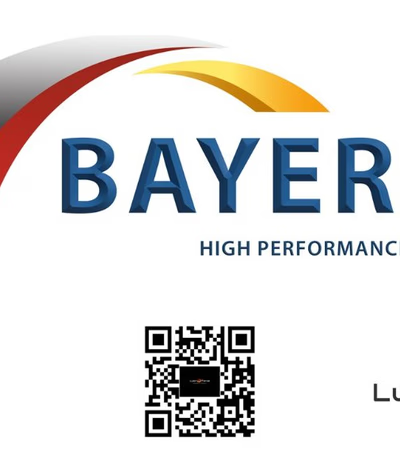
Germany`s economy is the largest in Europe and the fourth-largest in the world by nominal GDP. It is characterized by a highly developed social market economy that blends free-market capitalism with substantial social services. The country`s economic strength lies in its diverse industrial base, robust manufacturing sector, and high levels of innovation, driven by a well-educated workforce and significant investments in research and development. Key industries include automotive, mechanical engineering, chemical production, and information technology.
Germany`s financial system is one of the most sophisticated and stable in the world, heavily regulated and well-integrated into the global economy. It operates under the principles of a universal banking system, where banks can engage in a full range of financial services, including commercial banking, investment banking, and asset management. The country is also home to the European Central Bank (ECB) and several major global financial institutions. The Deutsche Börse in Frankfurt is one of the world`s largest stock exchanges, playing a crucial role in European finance.
Trade is a cornerstone of Germany`s economy, and the country is one of the world`s leading exporters. It has well-established trade relationships with various regions, including West Asia and the Middle East. Germany`s key exports to these regions include machinery, vehicles, chemical products, and industrial equipment. In return, it imports essential goods such as oil, natural gas, petrochemicals, and other raw materials from these countries, which are crucial for its manufacturing industries. The bilateral trade is supported by Germany`s commitment to free trade agreements and its active role in the European Union`s economic policies.
The country`s economy is highly export-oriented, with a trade surplus that significantly contributes to its GDP. German companies, especially in the fields of engineering, technology, and automotive industries, are renowned for their high-quality products. As a result, international trade is vital for maintaining economic growth. Germany`s solid infrastructure, advanced logistics, and strategic location in the heart of Europe make it an ideal hub for trade and investment, connecting Western Europe with other global markets.
-
 Bayerol Mh Gmbh 7 months ago
Bayerol Mh Gmbh 7 months ago Germany
Bayerol
Germany
Bayerol
BAYEROL YOUR FIRST CHOICE FOR HIGH QUALITY LUBRICANTS Bayerol MH GmbH is a German company specializing in automotive lubricants. We are a young and m...Details
-
 Milad Khalili Shojaei 3 weeks ago
Milad Khalili Shojaei 3 weeks ago Germany
Antique Book from 1862
Germany
Antique Book from 1862
"It is a bundle of bound together writings printed in India. It follows one another: 1. A code of obligations according to Islamic law (Kitāb-i farā’...Details
-
 Transwelt Handelsbüro 3 weeks ago
Transwelt Handelsbüro 3 weeks ago Germany
Petroleum products, sugar, copper, olive oil, honey, rice and coffee
Germany
Petroleum products, sugar, copper, olive oil, honey, rice and coffee
I trade in petroleum products, sugar, rice, olive oil, and copper, but I am not a seller; rather, I am a commercial broker.Details
-
 Hind 3 weeks ago
Hind 3 weeks ago Germany
Selling a Raw Diamond Piece
Germany
Selling a Raw Diamond Piece
Selling a raw diamond piece, take all buyersDetails
Germany's economy is showing signs of resilience, with a GDP of approximately $4.53 trillion in 2023, reflecting a recovery from previous years. The GNI has also risen to about $4.64 trillion, indicating a robust income generation capacity. However, inflation has been a concern, peaking at 6.87% in 2022 before slightly declining to 5.95% in 2023. This inflationary pressure can impact purchasing power and trade dynamics, making it essential for West Asian traders to consider pricing strategies carefully.
When examining merchandise trade, Germany's import value chained indices have seen a significant decline from 121.3 in 2021 to 93.3 in 2023, suggesting a contraction in import demand. In contrast, the global average for merchandise import value indices was 101.09 in 2023, indicating that while Germany's imports are decreasing, the global market is stabilizing. This presents an opportunity for West Asian businesses to position themselves as competitive suppliers in a contracting market.
Moreover, Germany's total reserves have increased to approximately $322.7 billion, providing a cushion for trade and investment. For new entrepreneurs, leveraging platforms that facilitate B2B connections, such as a Middle East trade platform, can enhance visibility and access to verified exporters and importers. Understanding these economic indicators will be crucial for navigating the complexities of trade with Germany, ensuring that businesses can capitalize on opportunities while mitigating risks.





